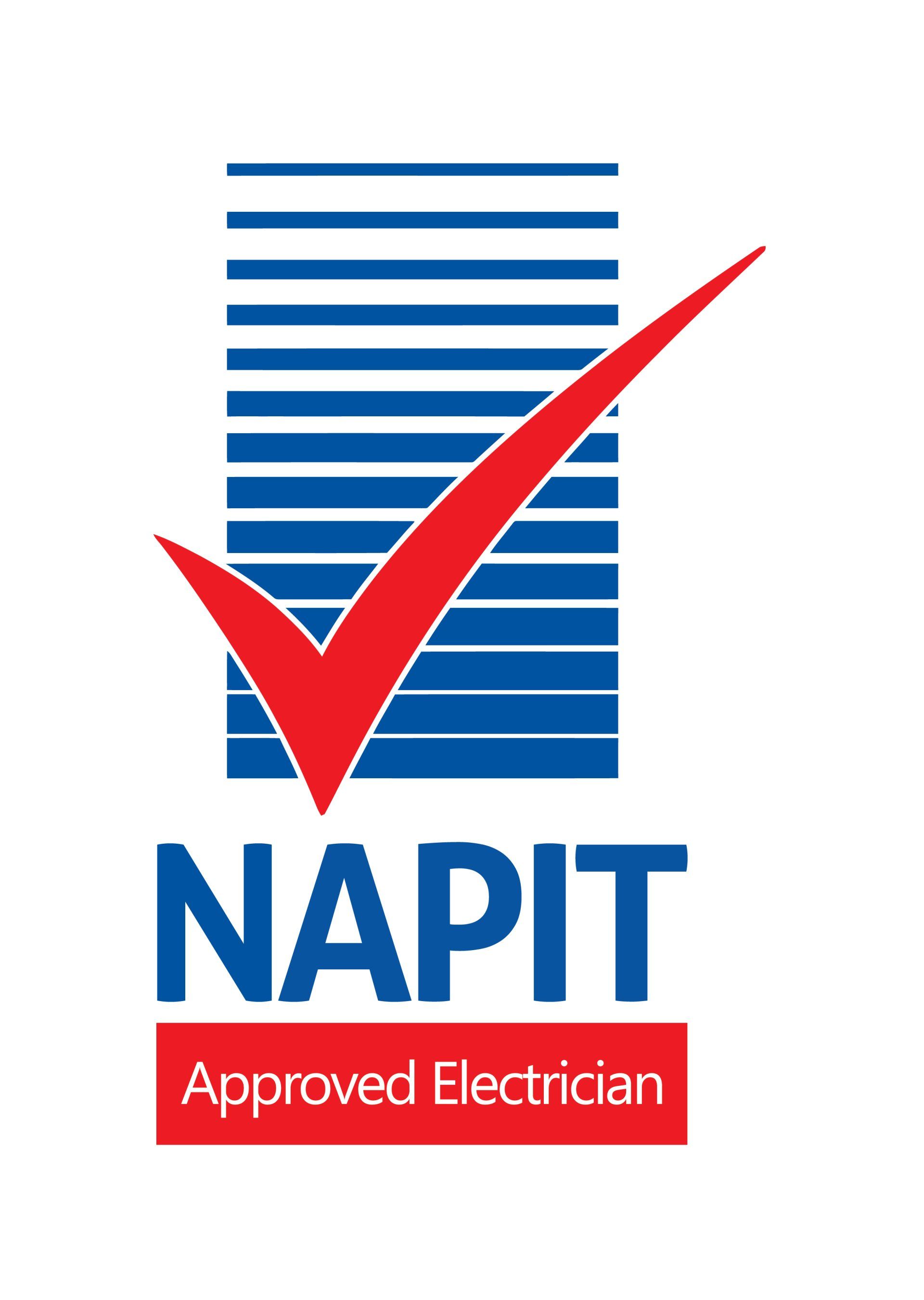For a FREE, no obligation quotation, click here to send us an email, or call us today on 0117 966 7944.
CALL US NOW ON: 0117 966 7944
Solar Panel Installation: Case Study
How we helped them make money from their energy
John & Perry Poole from Thornbury
As far as I can make out, there are two good reasons for buying solar panels – the first is to cut down on carbon emissions and the second, to make the most of a unique investment opportunity.
By installing solar panels and generating our own electricity, we believe that we are doing our bit to make a difference, albeit a small one! In fact, since we had our panels installed we have already avoided 157.69lbs of CO2 and it hasn’t even been very sunny!!
The second reason we considered solar power was mainly down to the incentives offered by the Feed in Tariff. The FiT scheme came into effect in April 2010, under a Labour Government, to encourage us to invest in renewable energy and has been supported by all political parties.
FiT’s are payments made to anyone who owns a renewable electricity system, for every hour generated and can apply to you whether you put panels on your home, business or garden shed! Currently payments are set at 41.3p per Kilowatt hour, regardless of whether you use the electricity yourself or sell it back to the grid. Also, you will reduce the costs on the electricity you buy from your existing supplier, as you’re using your own energy and not theirs. And, if there’s anything left, your supplier will pay you 3p per kw for half of it. Tariffs for solar panels are paid for 25 years and are indexed linked to RPI.
So, the mathematicians amongst you will have already worked out that this can only be a sound investment!
And, if you feel concerned about taking money from a government which may change its mind in the future, fear not. Although the FiTs are established in law, rather than coming from the government, the tariffs are actually paid by the energy suppliers, who pass on the cost of the Feed in Tariff scheme to all their electricity customers.
After some extensive market research, we opted to install 18 panels giving us the maximum energy allowed for a domestic property, up to 4kw/hour. We chose Apollo as they were the only company who were prepared to see me on my own, without my husband, and it was obvious from the moment that I first spoke with Steve that he wasn’t going to try to “sell me something”. At every step of the way, Steve was able to answer all my questions and even suggested some areas to consider that I hadn’t even thought of.
After the contracts had been agreed, Chris came to carry out a full survey and was able to confirm that our house was suitable for solar panels and we would qualify for FiT payments. We are luck to have a south facing roof (please think twice if yours faces north! You will get some sales people who tell you that it doesn’t matter, that the power is generated by sunlight and they are quite right. But, if you’re not getting direct sunlight for most of the day, the amount of power generated will be less, your FiT payments will be less and you’ll probably find that you’re still buying most of your electricity from your current supplier!)
The panels were erected very quickly and came with a “Sunny Boy” inverter, (which is now out of the way in our attic) and a “Sunny Beam” graphic display, which has almost taken over from the tv as the most watched thing in our house, as it tells us everything we need to know about how our panels are working for us.
For example, I can see at a glance how much power we’re currently generating, how much we’ve produced today and yesterday, how much CO2 we’ve avoided and how much money we’ve made, both daily and in total.
At the moment, and I’ll admit that as I write this, it’s May and the sun comes up before 6.00am and lasts until around 8.30pm, we’re earning over £50 per week on the energy we produce and that doesn’t take into account the electricity we don’t pay British Gas for or the units we sell to them at 3p. Where else can you invest just over £12,000 and get such a good return? But, you don’t have to spend £12,000 to make a difference. If you have a small roof or budget, you can still reap the rewards offered by FiT and make a difference to the future of our planet.
There are some other things to consider before you buy.
Will you use the power you generate? This may sound like a silly question, but if you’re out all day when the sun is shining and the panels are working at their optimum efficiency, you may find that you’re selling more than you’re using as electricity can’t be stored.
Do you or your neighbours have large trees which may cast a shadow over your roof? This could have a negative impact on the amount of power you can produce.
If you would like to know more about solar power from an end user, not a salesman, please feel free to contact me at perrypoole@tesco.net
All Rights Reserved | Apollo Electrical Solutions





